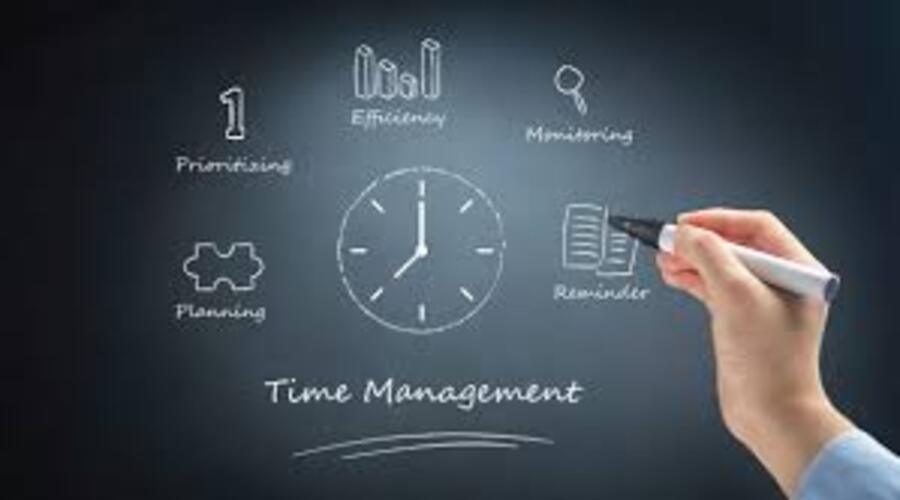Continuous learning is a vital component of career success, involving regularly updating your skills and knowledge to stay relevant and excel in your profession. Enhanced skills and knowledge are among the key benefits, as continuous learning helps you perform tasks more efficiently and effectively. For instance, a Harvard Business Review study found that employees engaged in regular learning activities are 21% more likely to feel confident in their abilities and 23% more capable of handling complex tasks. Increased employability is another advantage, as employers seek individuals committed to self-improvement and professional growth. Continuous learning makes you more attractive to potential employers and increases job security. According to a LinkedIn Learning report, 94% of employees would stay at a company longer if it invested in their career development.
Adaptability to change is crucial in today's dynamic job market. Continuous learning ensures you stay ahead of the curve by adapting to new technologies, methodologies, and industry trends. A case study on IBM’s reskilling program showed that employees participating in continuous learning initiatives were 42% more likely to adapt to new roles and responsibilities. Career advancement opportunities are also enhanced through continuous learning, as it increases your chances of promotions and higher responsibilities. A Journal of Career Development article found that professionals engaged in lifelong learning are 30% more likely to receive promotions and salary increases.
Personal satisfaction is another significant benefit of continuous learning. Learning new things provides a sense of achievement and boosts your confidence, contributing to personal growth and overall job satisfaction. A case study on Google’s employee development programs indicated that employees pursuing regular learning opportunities reported a 37% higher job satisfaction rate.
Research and case studies support these findings. The Harvard Business Review study highlighted the positive correlation between regular learning activities and increased employee confidence. LinkedIn Learning's report emphasized the importance of investing in employee development for higher retention rates. IBM's reskilling program case study demonstrated that continuous learning enhances adaptability and job performance. The Journal of Career Development article showed better career prospects and higher earning potential for those engaged in lifelong learning. Google's employee development programs case study revealed higher job satisfaction and a greater sense of personal achievement among participants.
In short, continuous learning is a powerful tool for career success. It enhances skills and knowledge, increases employability, improves adaptability to change, opens career advancement opportunities, and boosts personal satisfaction. Embrace continuous learning opportunities to stay relevant in your field and pave the way for a more fulfilling and successful career. By investing in continuous learning, you not only stay ahead in your profession but also achieve personal and professional growth.









